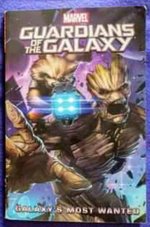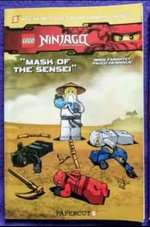oliverclaude
General Morden's Aide





- Joined
- Feb 3, 2013
- Posts
- 7,688
Just finished reading Joann Sfar's Vampire. It's very good, Sfar's meandering art of storytelling and his detailed, very own drawing style are a perfect mach. Before you know it, they sort of cast a spell over you with that understated flow and non-binding nature. Characters around Fernand, the titular Vampire, come and go and return again, the stories often expire into vagueness, the place they came from anyway. They're all sketchy and airy, but very atmospheric and very involving. My next pick will be the sequel called Aspirine.
Parallel to that, I started to read Lewis Trondheim's Dungeon, the Zenith part of this built out series, but this one is more Simpsons in style and doesn't have that unique feel of Vampire. Still, the quality is at least on Simpsons level, so it's easy to recognize, why it's an unmistakeable classic. So far, the pop-culture references are subtle and on point, the AD&D scenario a real treat. I'm anxious to see how it develops.
Parallel to that, I started to read Lewis Trondheim's Dungeon, the Zenith part of this built out series, but this one is more Simpsons in style and doesn't have that unique feel of Vampire. Still, the quality is at least on Simpsons level, so it's easy to recognize, why it's an unmistakeable classic. So far, the pop-culture references are subtle and on point, the AD&D scenario a real treat. I'm anxious to see how it develops.



 .
.


